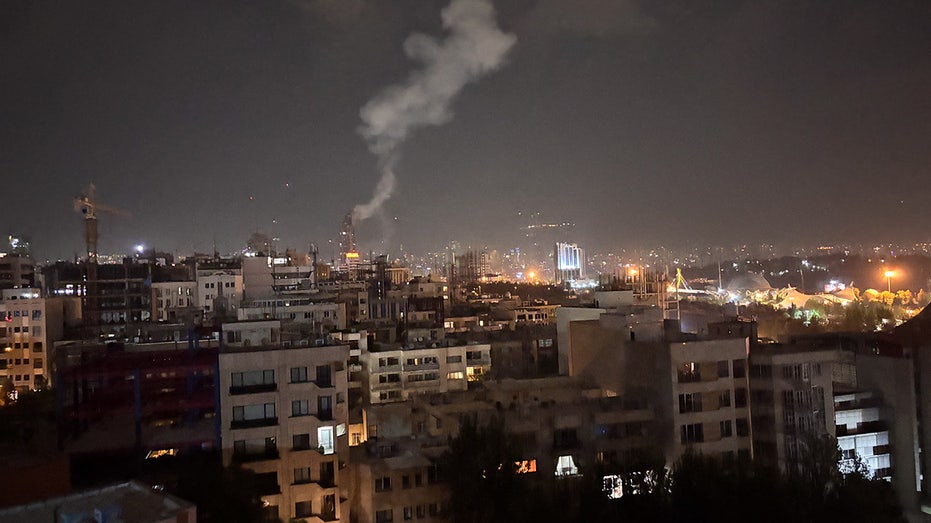ExxonMobil’s CEO, Darren Woods, has asserted that the global oil market possesses enough supply to absorb any potential disruptions stemming from Iranian oil exports. During an interview with Finance Newso News’ Bret Baier on “Special Report,” Woods emphasized that “There’s enough spare capacity in the system today to accommodate any Iranian oil that comes off the market.” He noted, however, that the primary concern lies with the infrastructure supporting exports and the shipping routes through the Strait of Hormuz.
Woods highlighted the heightened anxiety regarding the ongoing conflict between Israel and Iran, which poses a risk to the Strait of Hormuz—a crucial maritime corridor situated between Oman and Iran and regarded as the world’s most significant oil chokepoint, according to the Energy Information Administration (EIA).

OIL PRICES SPIKE AFTER ISRAEL’S STRIKES ON IRAN
According to Andy Lipow, president of Lipow Oil Associates, Iran currently produces roughly 3.3 million barrels of crude oil daily, exporting about 1.6 million barrels per day, which constitutes less than 2% of overall global demand. This volume pales in comparison to the oil traffic through the Strait of Hormuz, which saw an average of 20 million barrels per day in 2024—accounting for approximately 20% of global petroleum liquids consumption. Furthermore, there are limited alternatives to transport oil if access to the strait is compromised.
On Friday, oil prices surged following a series of strikes launched by the Israeli Defense Forces (IDF) targeting Iran’s nuclear facilities and military leadership. U.S. West Texas Intermediate crude jumped to $72 a barrel amid rising concerns on Wall Street that escalated tensions between Israel and Iran could hinder Iranian energy supplies.

TRUMP ADMINISTRATION TO OPEN 13 MILLION ALASKA ACRES TO MINING, DRILLING
Despite the initial spike in oil prices, they began to stabilize as it became evident that export capacity remained intact following the strikes. “I think quite purposefully, to not disrupt the oil supply,” Woods remarked.
According to Lipow, the potential loss of Iranian oil could elevate prices by as much as $7.50 per barrel; however, if the situation escalates and disrupts oil shipments through the Strait of Hormuz, prices might soar to $100 per barrel. He indicated that tankers bound for the U.S. through the strait represent key targets for retaliation by Iran that could significantly impact price levels.
| Ticker | Security | Last | Change | Change % |
|---|---|---|---|---|
| XOM | EXXON MOBIL CORP. | 114.02 | +1.54 | +1.37% |
Strikes targeted key Iranian facilities, including the Shahr Rey Refinery near Tehran, which has a processing capacity of 225,000 barrels per day, and the Shahran fuel depot. Iran operates eleven refineries with a total refining capacity of 2.5 million barrels per day, according to Lipow’s analysis.

In an escalating exchange, Iranian missiles struck Israel’s Haifa refinery, which has a capacity of 197,000 barrels per day. Israel operates two refineries with a combined capacity of 300,000 barrels per day.


























